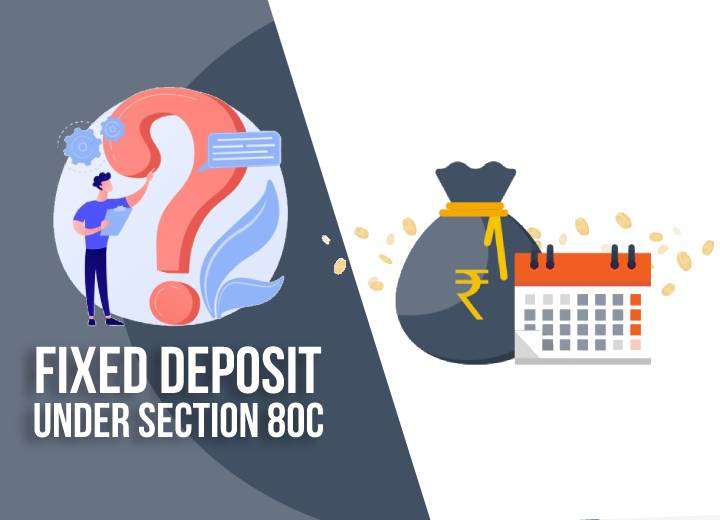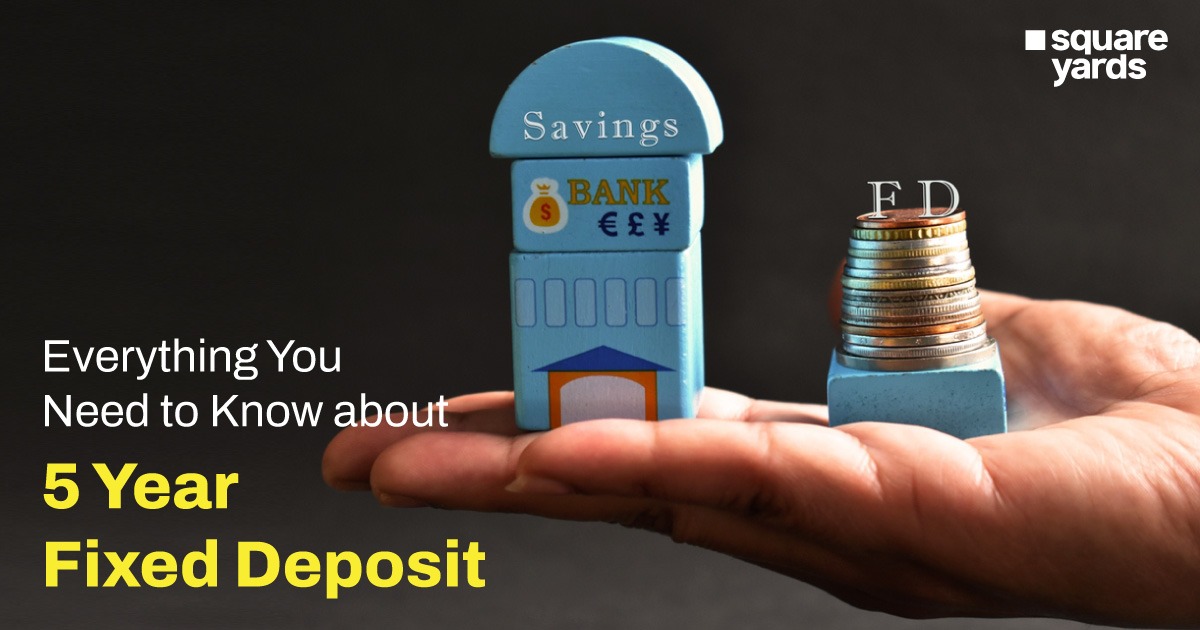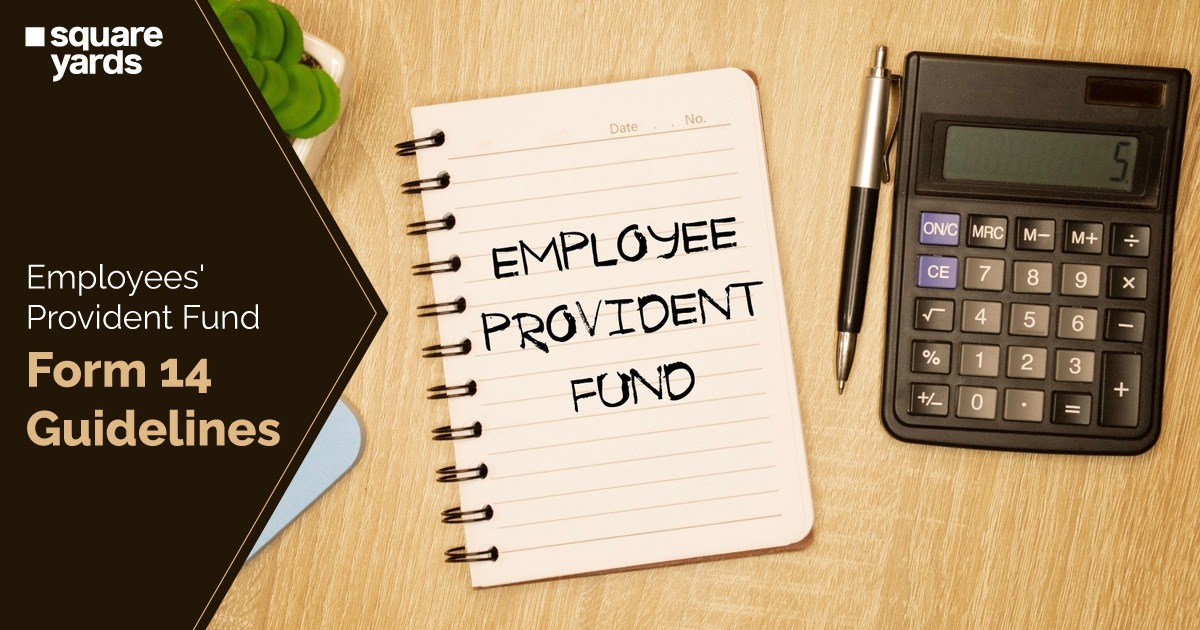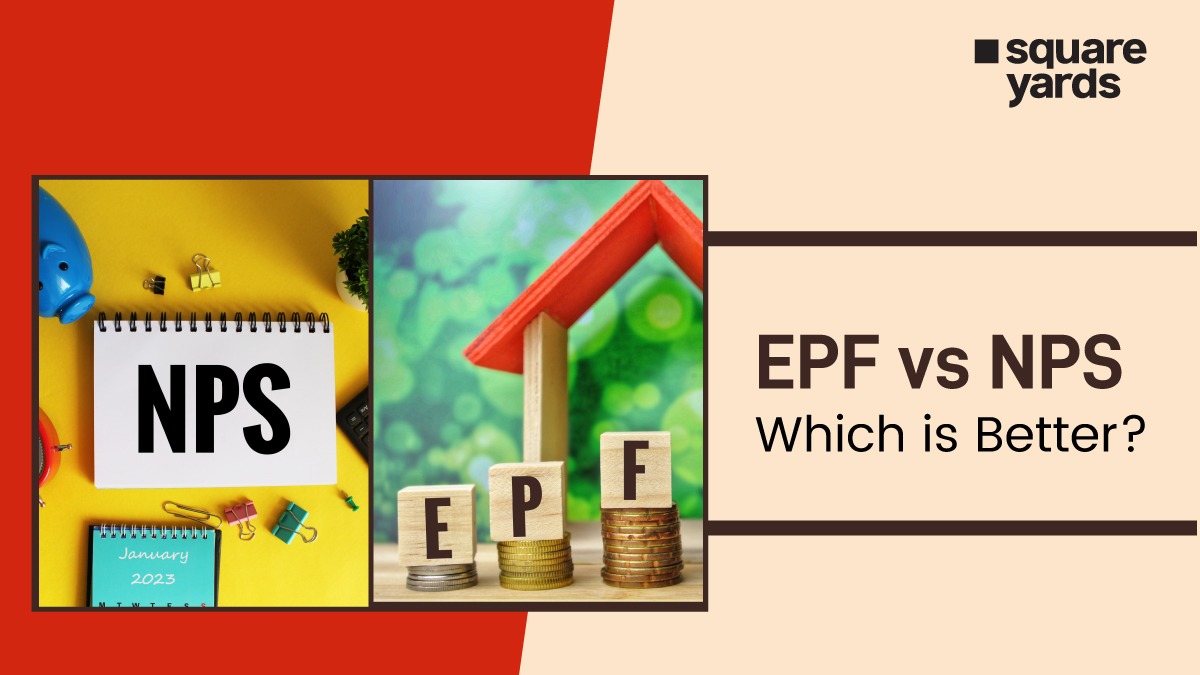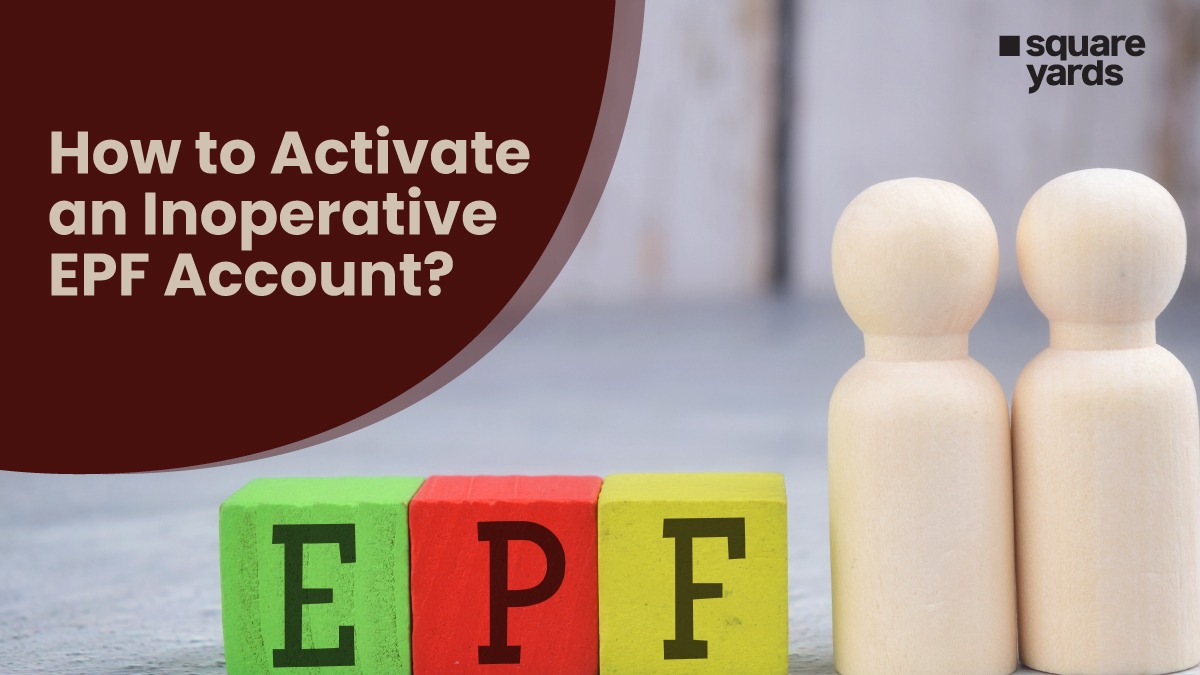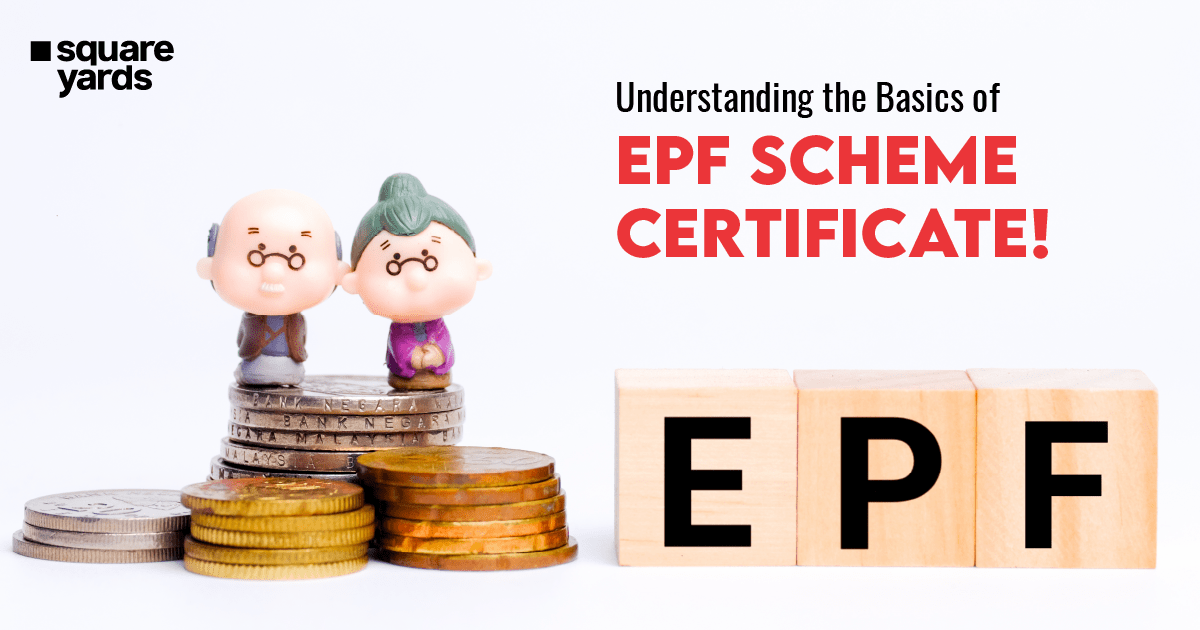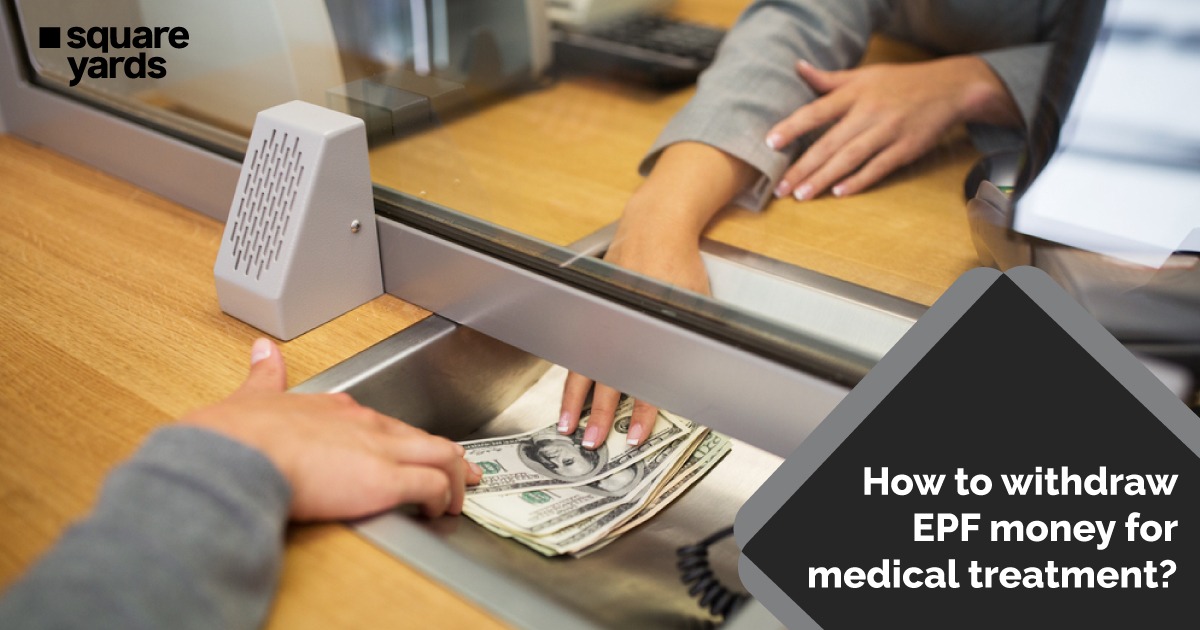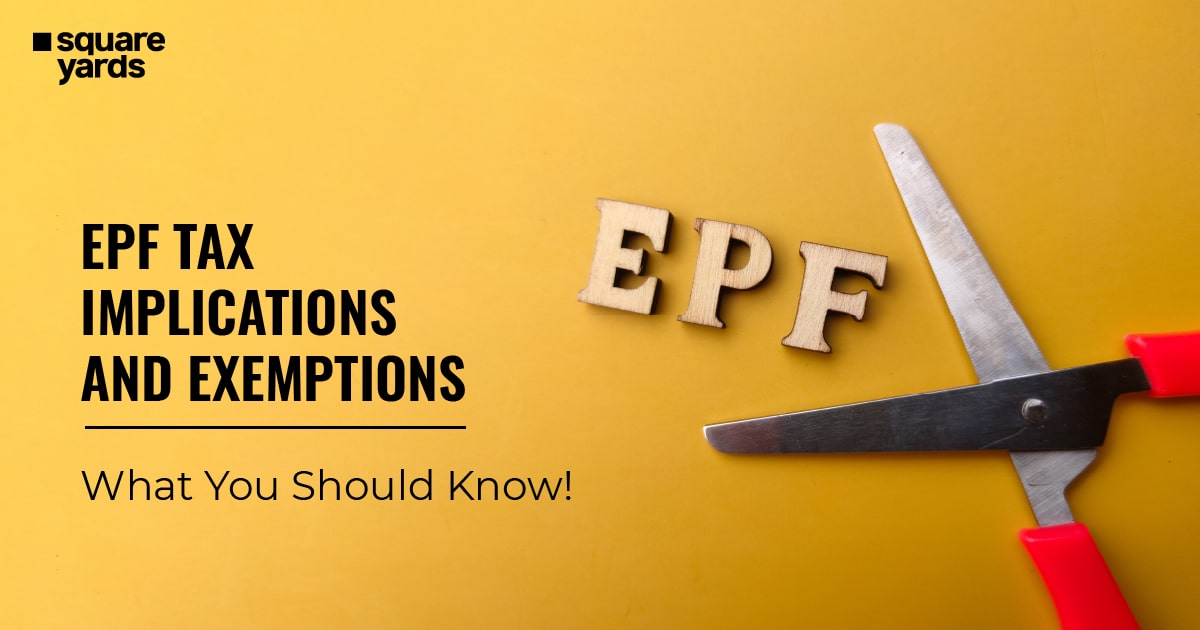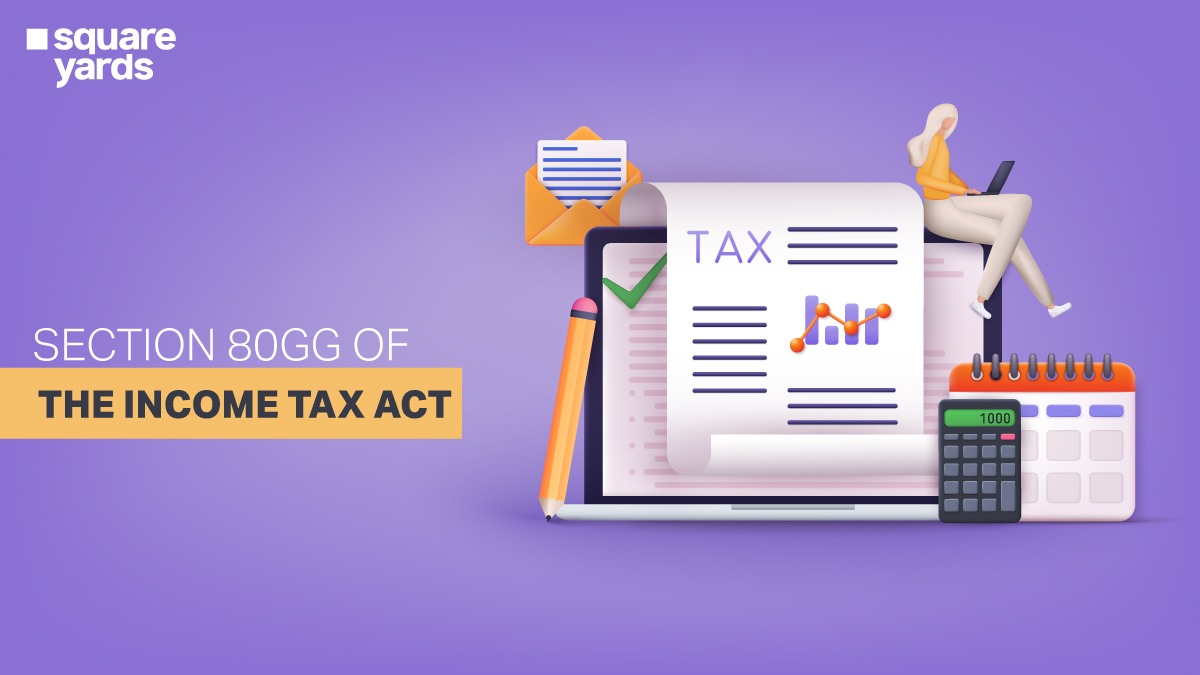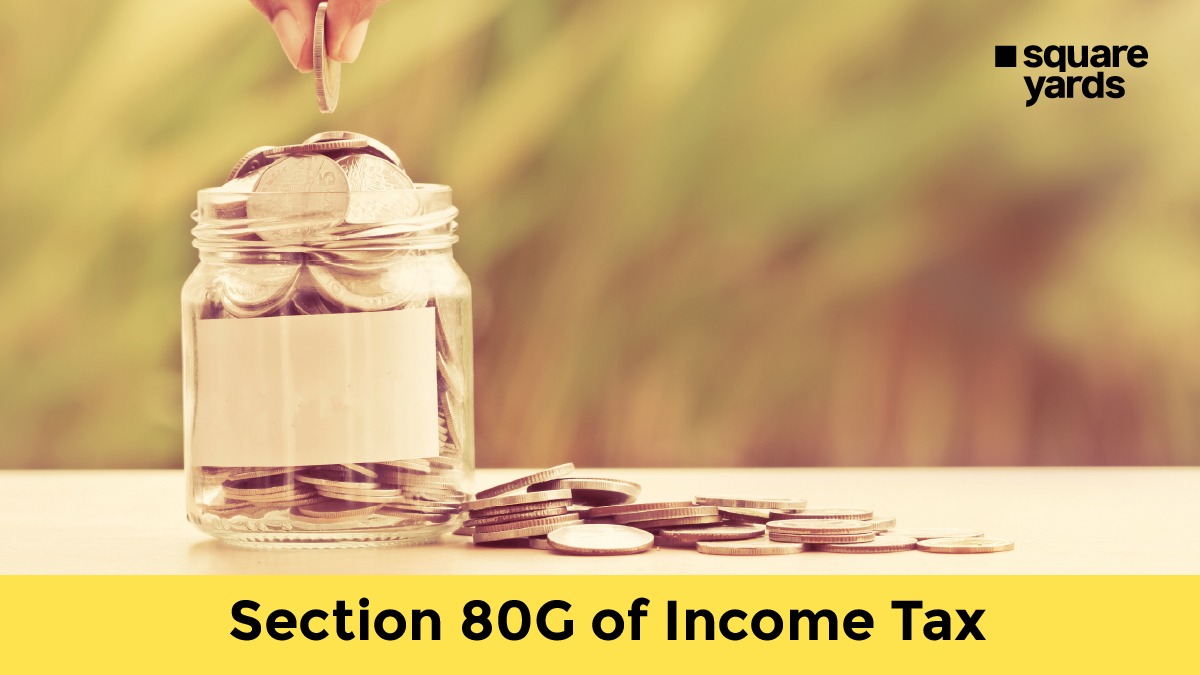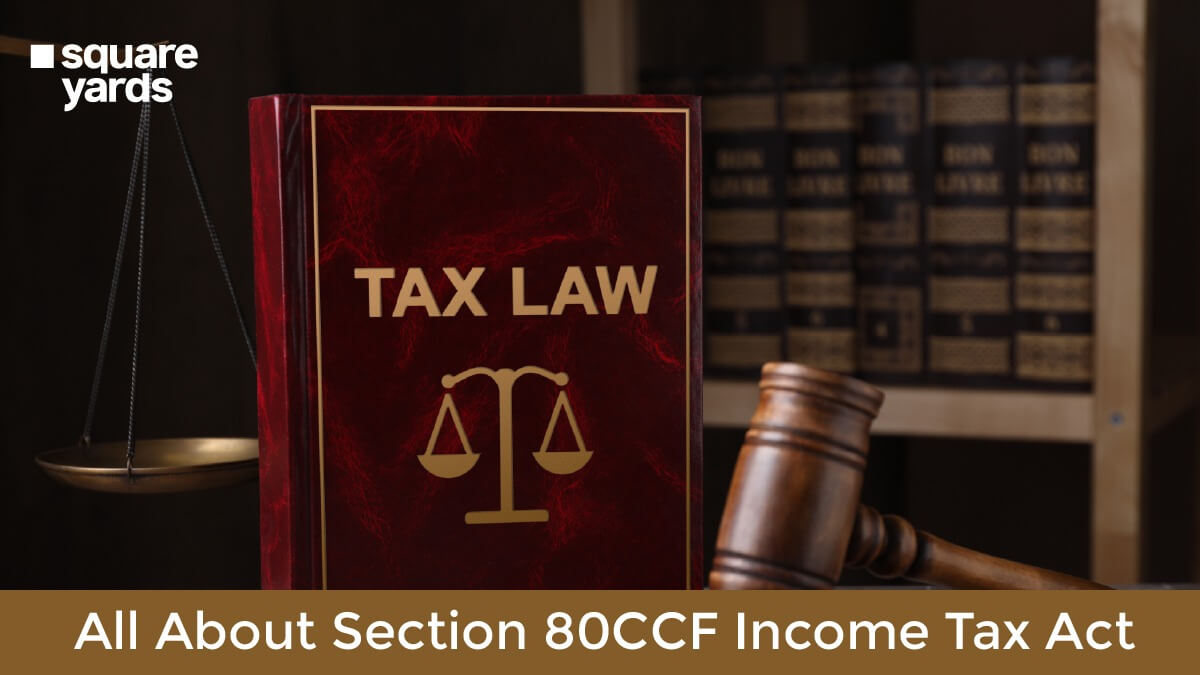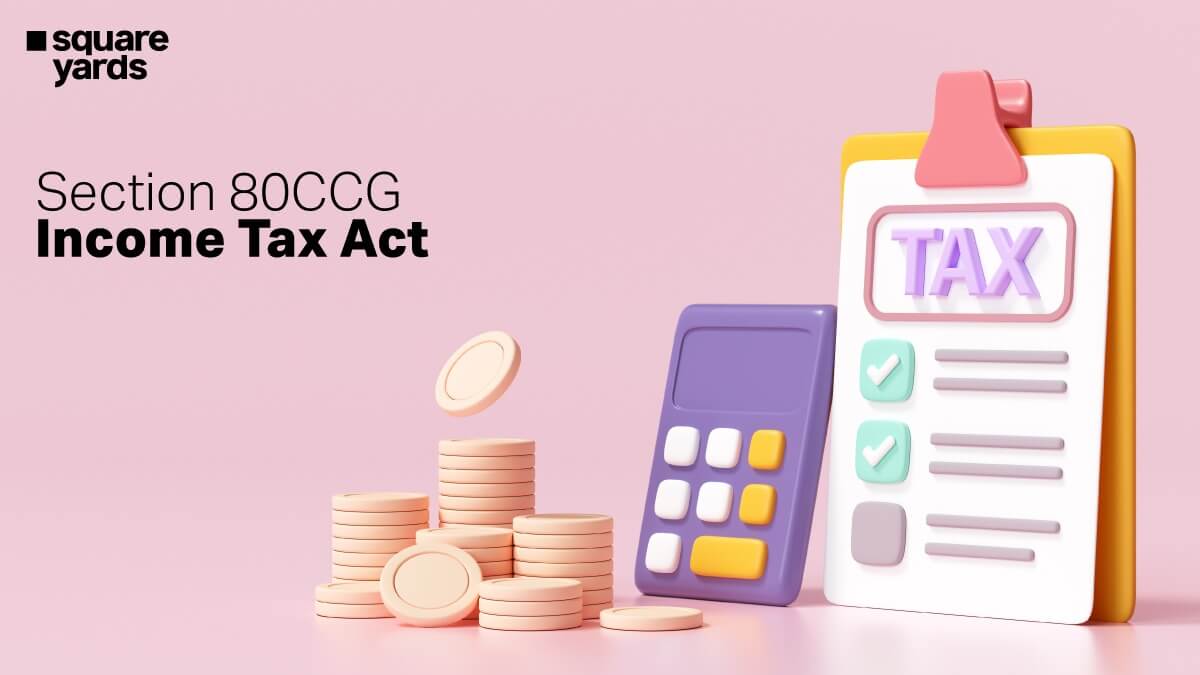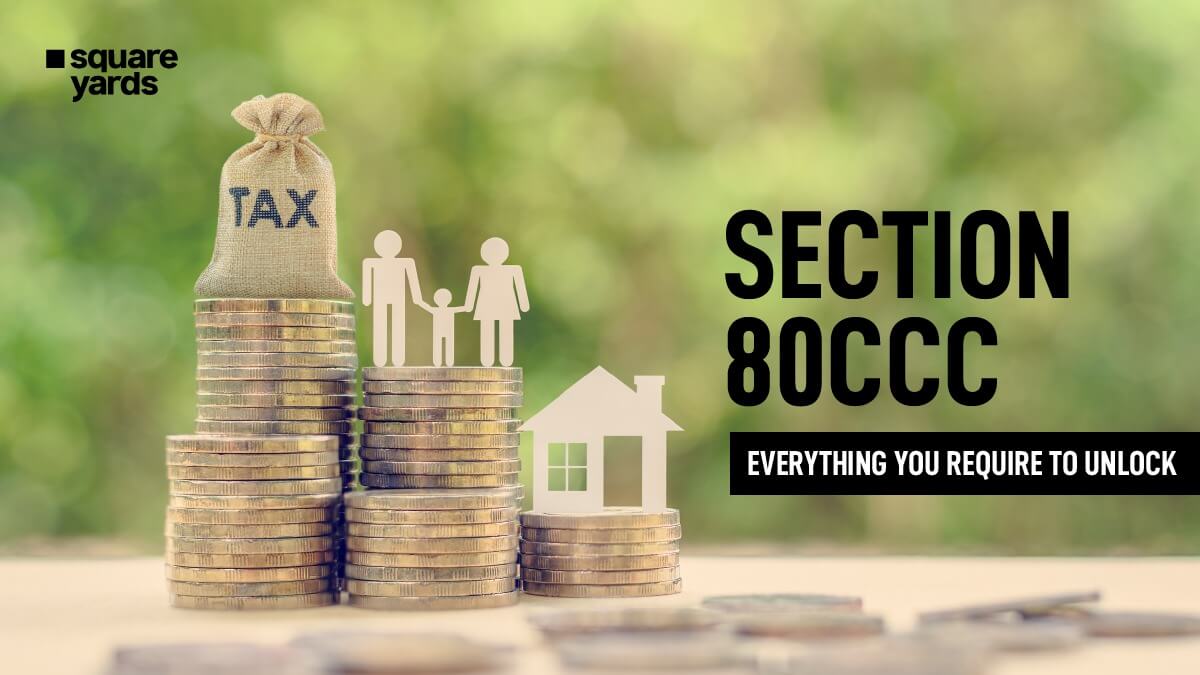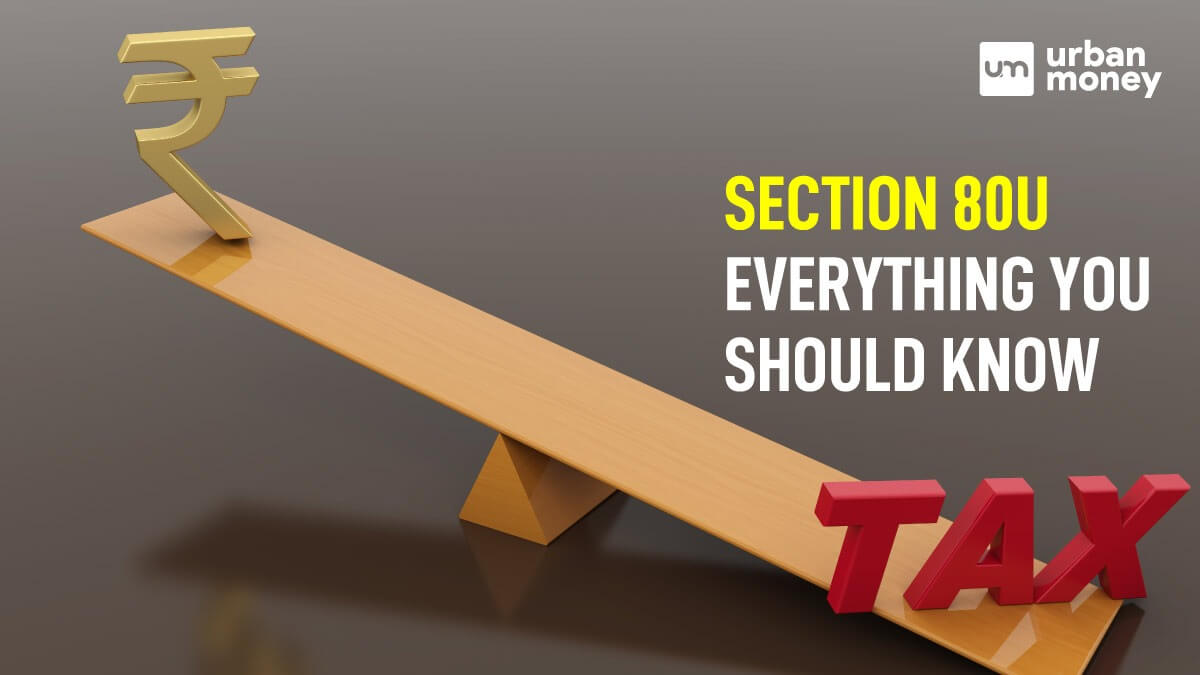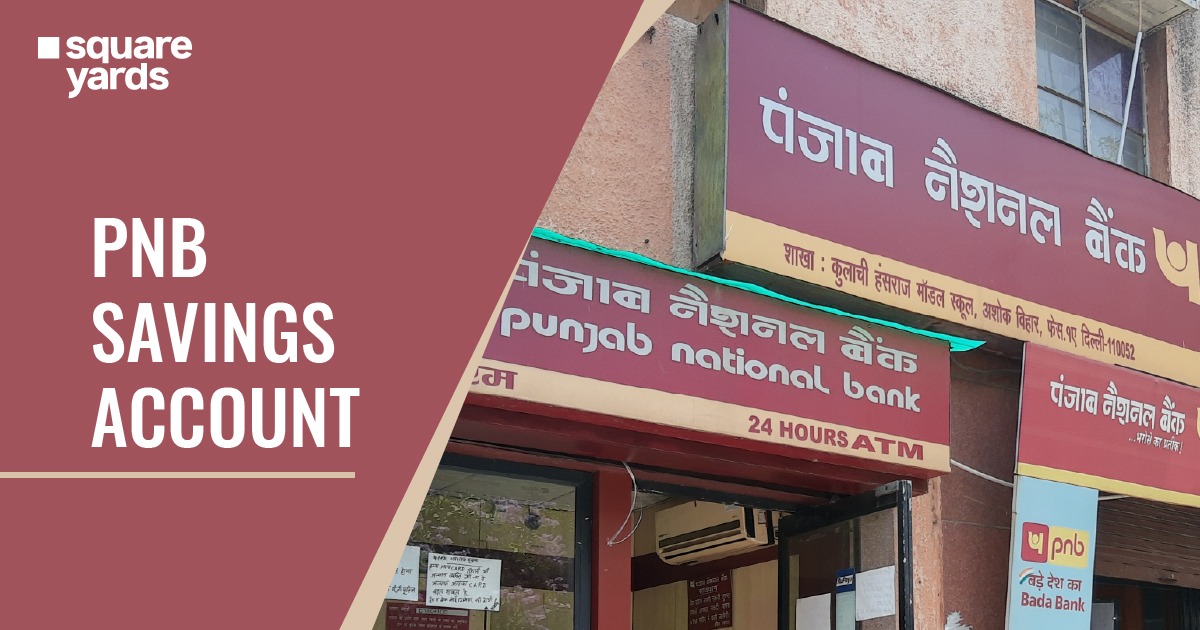Fixed Deposits are one of the great choices for investors seeking a perfect financial instrument for low-risk investment. It is also quite popular among Indian residents. They are available under various types such as tax saving FD, senior citizen FD, FCNR deposits and more. Also, there are options of short-term and long-term investment in Fixed Deposits for customers. Individuals can open general fixed deposit accounts with a lot of flexibility in terms of the amount of investment and maturity. Though there is a significantly low-risk factor in investing in Fixed Deposits, investors can also avail deductions under section 80C of the Income Tax Act, 1961.
Table of contents
- What is FD Under 80C?
- Features of Fixed Deposits Under 80C
- Who can invest in a Fixed Deposit under 80C?
- Which Bank is the Best for Tax Saving Fixed Deposit?
- Fixed Deposit Under Section 80C: Benefits of Investing
- How to Claim FD Deduction Under Section 80C?
- Other Tax Saving Investment Options:
- Frequently Asked Questions (FAQs)
What is FD Under 80C?
Fixed Deposits under 80C are popularly known as tax-saving fixed deposits. Most of the premium banks and financial companies offer the facility of these accounts. These types of fixed deposits are as good as Public Provident Funds (PPF), National Savings Certificate (NSC) and pension plans. Fixed Deposit under 80C is a simple instrument for deductions of up to 1.5 lakhs per year.
Section 80C of the Income Tax Act, 1961 allows eligibility to claim a deduction of up to Rs. 1.5 lakh in a financial year for residents or HUFs, also known as Hindu Undivided Families. Individuals can claim the deduction of 80C in the financial year when the investment is made.
As per this section, taxpayers get the facility to claim the deduction while filing the Income Tax Return to lower their taxable income. The assessee can make the deduction of certain payments, contributions and investments from the gross salary to lower the tax to be paid in a financial year.
Features of Fixed Deposits Under 80C
Tax Saving Fixed Deposits under Section 80C have amazing features that allow you to make the most of your investments. Yet, you get a few limitations in FD falling under the ambit of Section 80C including no option to pledge the loan amount and no premature withdrawal.
Some of the important features of tax-saving FD under 80C include:
- Investors can claim investment of up to Rs. 1.5 lakh in a tax saving FD as deduction u/s 80C
- FD should be of minimum 5 years
- Individuals need to make the minimum investment of Rs. 100. A further amount of investments should be the multiples of Rs. 100 only
- The maximum investment limit is Rs. 1.5 lakhs. It was Rs. 1 lakh previously
- The investors need to register the Permanent Account Number (PAN) with the bank where they have applied for the FD
- The investors will get the same interest rate as quoted by the bank or financial year
- There is a lock-in period of 5 years in a tax saver FD which means that the investor can withdraw money before 5 years from the FD booking date
- One cannot make a premature withdrawal
- In case you have joint accounts, the first holder will be eligible to get tax deductions
- One can avail loans against a fixed deposit under 80C
- The deduction of TDS is made on income earned through interests from this FD account. A 10% p.a. of interest is charged on TDS in case the PAN details have been submitted by the account holder, otherwise, a 20% p.a. of interest is charged
Who can invest in a Fixed Deposit under 80C?
The category of people who are eligible to make investments in tax saver fixed deposits include:
- Resident Indians
- Non-Resident Indians
- Senior Citizens
- Members of Hindu Undivided Family
Note: The investors should have a PAN card to invest in the tax saver FD. In case you do not have a valid PAD card, apply for it first to invest in tax-saving fixed deposits.
Which Bank is the Best for Tax Saving Fixed Deposit?
Take a look below at the table for 10 best tax saving fixed deposit schemes in India:
| Bank | Interest Rate for Regular Public | Interest Rate for Senior Citizen |
| State Bank of India | 5.30% | 5.80% |
| ICICI Bank | 4.30% | 4.30% |
| HDFC Bank | 5.30% | 5.80% |
| PNB Bank | 5.30% | 5.80% |
| IDFC Bank | 5.75% | 6.25% |
| Deutsche Bank | 5.50% | 5.50% |
| Axis Bank | 5.40% | 5.90% |
| DCB Bank | 6.75% | 7.25% |
| Bank of Baroda | 5.25% | 5.75% |
| Lakshmi Vilas Bank | 5.50% | 6.00% |
Fixed Deposit Under Section 80C: Benefits of Investing
Though Tax saving fixed deposits do not offer you great benefits like other tax-saving investment avenues like insurance policies and tax saver mutual funds, you have peace of mind when invested in FD under 80C and get pay-outs at regular intervals. Some of the major benefits of this type of Fixed Deposit include:
- There is no risk in investing in a tax-saving fixed deposit since it is completely secure and you have guaranteed returns.
- The amount invested in fixed deposit under 8C is deducted from gross total income to arrive at the taxable income.
- The investors get nomination facility in tax-saving fixed deposits
- The pay-out option for interest is on a quarterly/monthly/annual basis. The investors can pick as per their preference for regular income.
- You can open tax-saving fixed deposits throughout the year, unlike government-issued tax-free bonds that are offered from time to time.
- There are special rates for senior citizens.
How to Claim FD Deduction Under Section 80C?
Though tax-saving fixed deposit schemes provide tax benefits, the interest earned is taxed at TDS. It simply means that the amount deposited initially is allowed as deduction under section 80C whereas the interest earned on FD is tax-free.
Read Below an Example to Understand How it Works:
Someone invested Rs. 5 lakh in SBI tax saving FD for 5 years on January 1, 2020, and gets an SBI FD rate of 6%. He earned a total interest of Rs. 30,682 on that date. Then while filing ITR for the year 2020-2021, he claimed Rs. 1.5 lakhs out of Rs. 5 lakhs as 80C deduction. However, the bank also deducted TDS at the rate of 10% along with that which is equal to around Rs. 3,068. Hence, he received a net interest income of around Rs. 27,613 but not Rs. 30,682.
| Amount Invested | 80C Deduction | Interest Earned in 1 Year | TDS on Interest Earned |
| Rs. 5 lakhs | Rs. 1.5 lakhs | Rs. 30,682 | Rs. 3,068 |
Other Tax Saving Investment Options:
According to the Income Tax Act, there are so many investment options available as well other than tax-saving fixed deposits that offer amazing tax benefits. Some of them include:
- PPF, Public Provident Fund that has a 15-year lock-in period
- NSC, National Savings Certificate that has a 5-year lock-in period
- Post office fixed deposit that has a 5-year lock-in period
- ELSS, Equity Linked Savings Scheme that has a 3-year lock-in period
- NPS, National Pension Scheme that has a lock-in period till retirement of the depositor
You May Also Read
Frequently Asked Questions (FAQ’s)
Is FD covered under Section 80C?
A tax-saving fixed deposit account is the type of FD account that offers a tax deduction under 80C. By investing in a tax-saving fixed deposit account, investors can claim a deduction of a maximum of Rs. 1.5 lakh per annum.
What is covered under Section 80 C?
Section 80C of the Income Tax Act, 1961 allows a deduction for the investment made in PPF, LIC premium, EPF, National Saving Certificate (NSC), Senior Citizen Savings Scheme (SCSS), Equity liked saving scheme and more.
Can we invest more than 1.5 lakh in 80C?
Yes, you can invest more than 1.5 lakh in Fixed Deposit under 80C.
What are the key features of Tax Saving Fixed Deposit?
Some of the key features of tax-saver fixed deposit include:
• The tenure is of 5 years – 10 years
• The interest rate ranges from 5.30% p.a. to 6.00% p.a. for the general public
• The deposit range is Rs. 100 to Rs. 1.50 lakh p.a.


